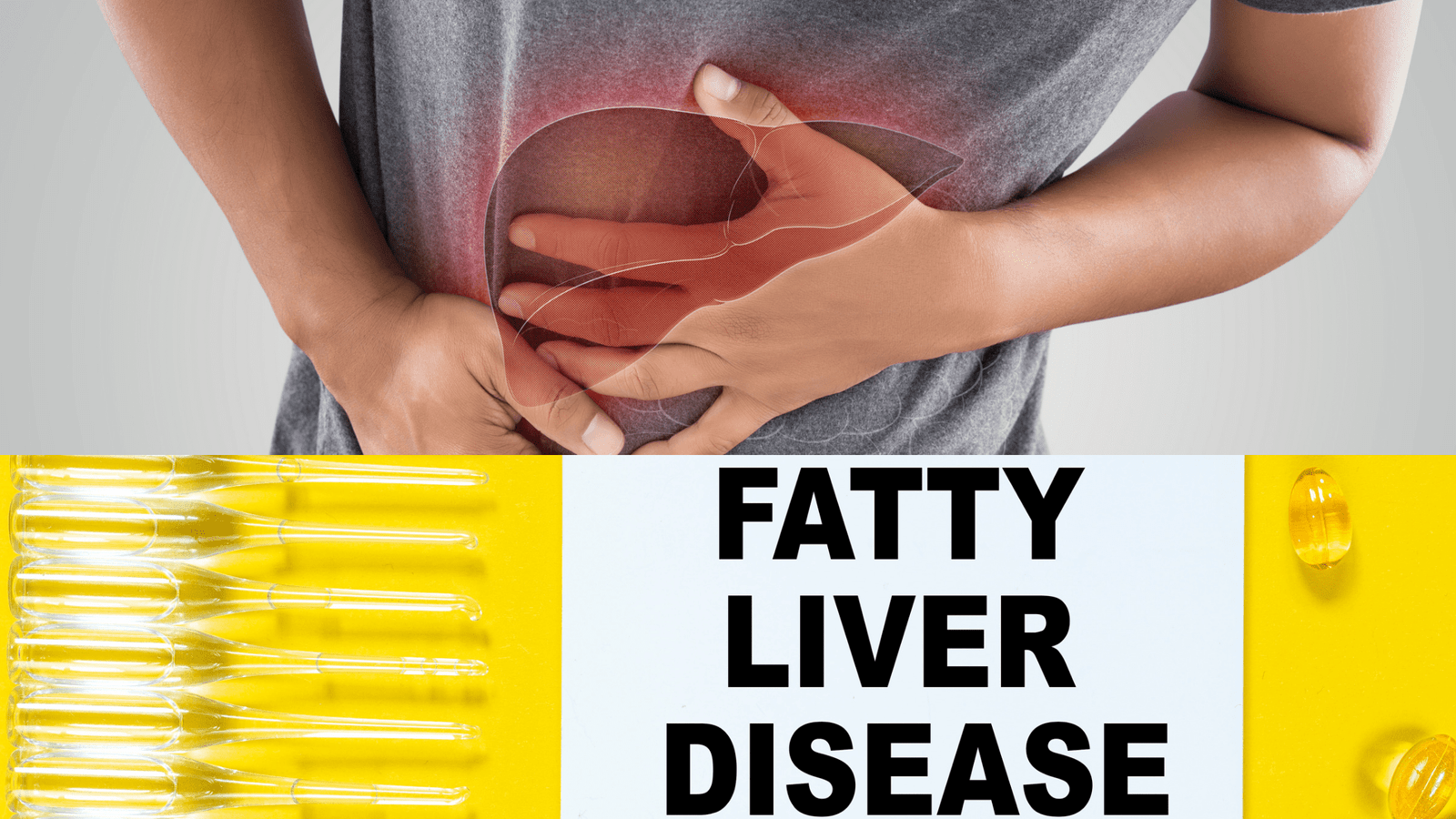Fatty Liver Disease : What You Need to Know
In recent years, India has witnessed an alarming rise in lifestyle-related diseases, and one of the most concerning health challenges is Fatty Liver Disease. With a significant portion of the population grappling with obesity, sedentary lifestyles, and unhealthy dietary habits, the prevalence of Fatty Liver Disease has surged. In this comprehensive article, we will delve into the various aspects of Fatty Liver Disease, including its causes, consequences, and management, while focusing on the role of Healthily Fitness, a mobile application dedicated to addressing lifestyle diseases. Join us as we explore this critical health concern, equipping you with essential knowledge to safeguard your liver health and overall well-being.
1) Understanding Fatty Liver Disease
1.1 What is Fatty Liver Disease? Fatty Liver Disease refers to the accumulation of excessive fat in the liver, compromising its normal functions. It is categorized into two types: Non-Alcoholic Fatty Liver Disease (NAFLD) and Alcoholic Fatty Liver Disease (AFLD).
1.2 Prevalence of Fatty Liver Disease in India Recent studies indicate a steep rise in Fatty Liver Disease cases in India. Contributing factors include unhealthy eating habits, lack of physical activity, and increasing rates of obesity.
2) Causes and Risk Factors
2.1 Sedentary Lifestyle and Poor Diet Modern lifestyles characterized by desk-bound jobs, sedentary entertainment, and the availability of processed foods contribute to the development of Fatty Liver Disease. High intake of sugary beverages, saturated fats, and refined carbohydrates further exacerbates the condition.
2.2 Insulin Resistance and Metabolic Syndrome Insulin resistance, often linked to obesity and sedentary habits, is a key factor in the development of Fatty Liver Disease. Metabolic Syndrome, a cluster of conditions including high blood pressure and elevated blood sugar levels, also heightens the risk.
2.3 Genetic Predisposition While lifestyle factors play a crucial role, genetic predisposition can influence an individual’s susceptibility to Fatty Liver Disease.
3) Consequences and Complications
3.1 Progression of Fatty Liver Disease From a benign accumulation of fat in the liver (simple fatty liver) to Non-Alcoholic Steatohepatitis (NASH), Fatty Liver Disease can progress to more severe stages, leading to fibrosis, cirrhosis, and even liver failure.
3.2 Association with other Lifestyle Diseases Fatty Liver Disease is closely linked to other lifestyle diseases such as Type 2 Diabetes, Cardiovascular Diseases, and obesity-related conditions, amplifying the impact on an individual’s overall health and well-being.
4) Diagnosis and Medical Management
4.1 Detecting Fatty Liver Disease Early detection of Fatty Liver Disease is crucial. While it may be asymptomatic in the early stages, symptoms such as fatigue, abdominal discomfort, and liver enlargement may become evident as the disease progresses.
4.2 Diagnostic Tests and Imaging Techniques Liver function tests, ultrasound, MRI, and FibroScan are commonly used to diagnose and assess the severity of Fatty Liver Disease.
4.3 Lifestyle Modifications for Fatty Liver Disease A multidisciplinary approach that includes lifestyle changes is the cornerstone of Fatty Liver Disease management. Regular physical activity, a balanced diet, weight management, and avoiding alcohol are essential components of the treatment plan.
4.4 Medications and Treatment Options In certain cases, medications may be prescribed to manage Fatty Liver Disease, including antioxidants, insulin-sensitizing agents, and lipid-lowering drugs. However, lifestyle modifications remain the foundation of treatment.
5) Prevention and Lifestyle Changes
5.1 Creating Awareness and Education Public awareness campaigns and educational initiatives can play a pivotal role in preventing Fatty Liver Disease. Raising awareness about the impact of lifestyle on liver health is essential.
5.2 Role of Health and Fitness Applications Healthily Fitness, as a mobile application dedicated to addressing lifestyle diseases, can empower individuals to track their health, adopt healthy behaviors, and make informed choices about diet and exercise.
Conclusion
Fatty Liver Disease is a significant health concern in India, closely tied to sedentary lifestyles, poor dietary choices, and the rising rates of obesity. As we navigate the challenges of modern living, adopting healthier habits and utilizing resources like Healthily Fitness can empower us to safeguard our liver health and overall well-being. By fostering awareness, making informed lifestyle changes, and embracing technology-driven healthcare solutions, we can work together to combat Fatty Liver Disease and create a healthier future for India.







